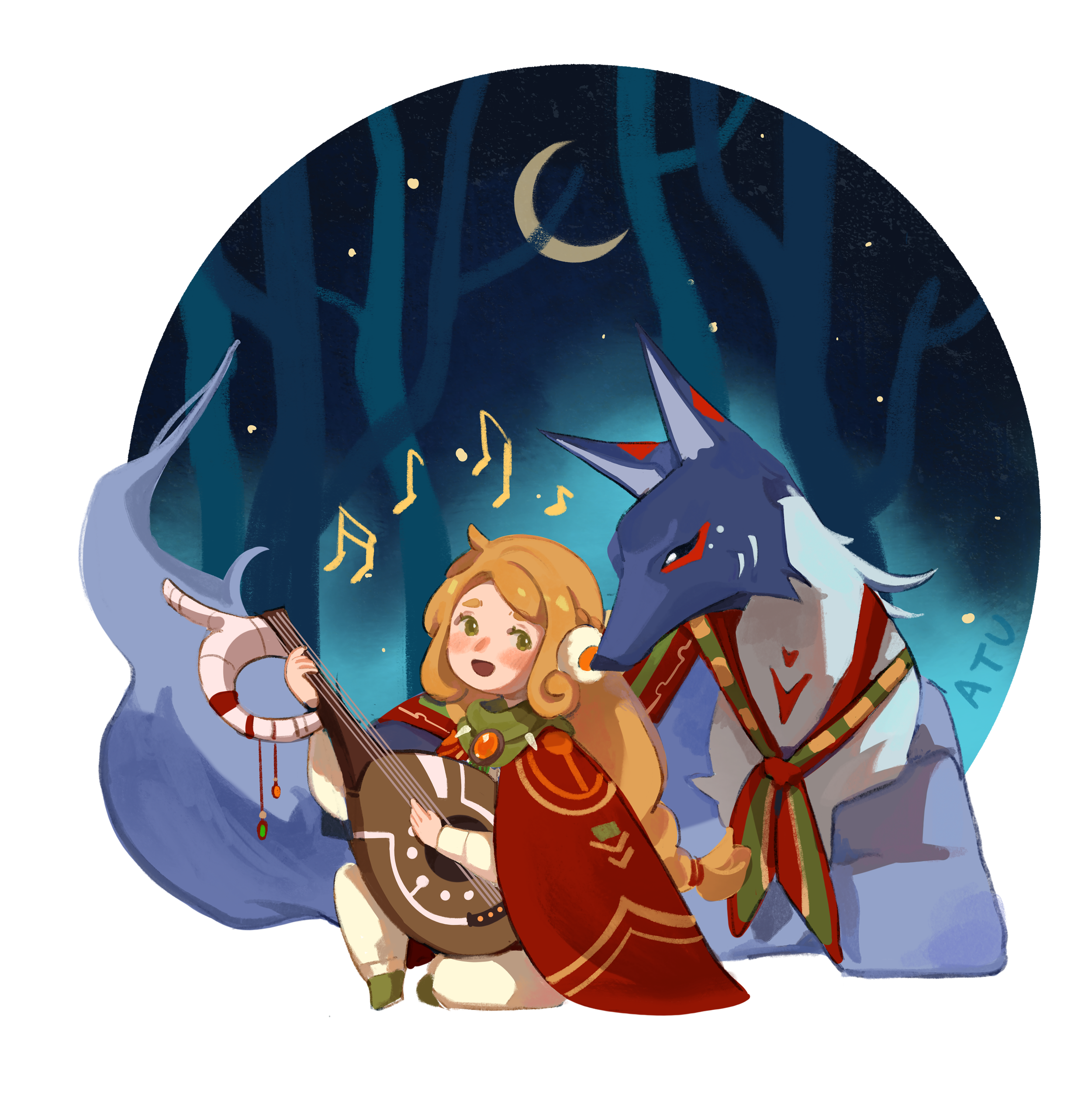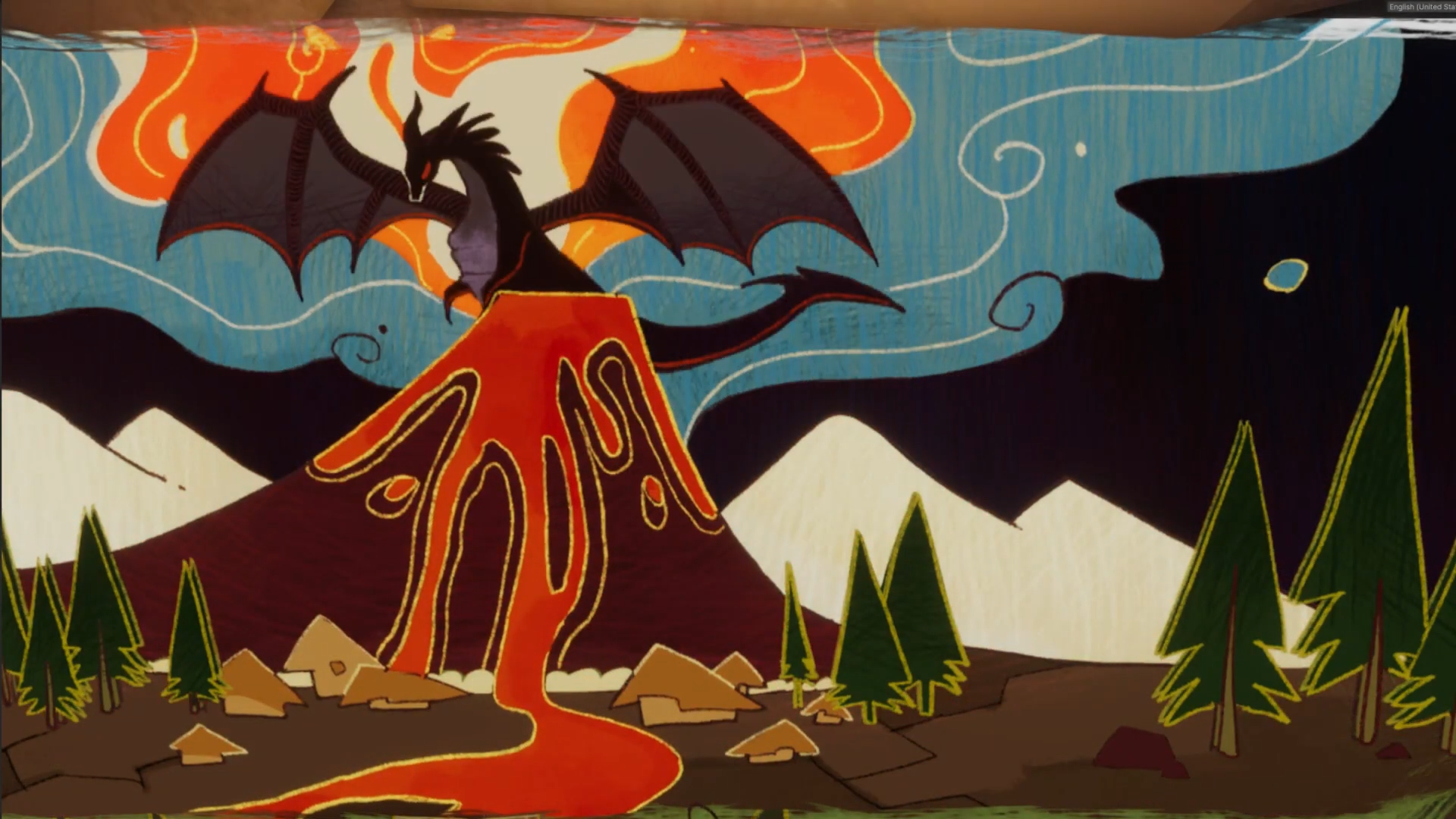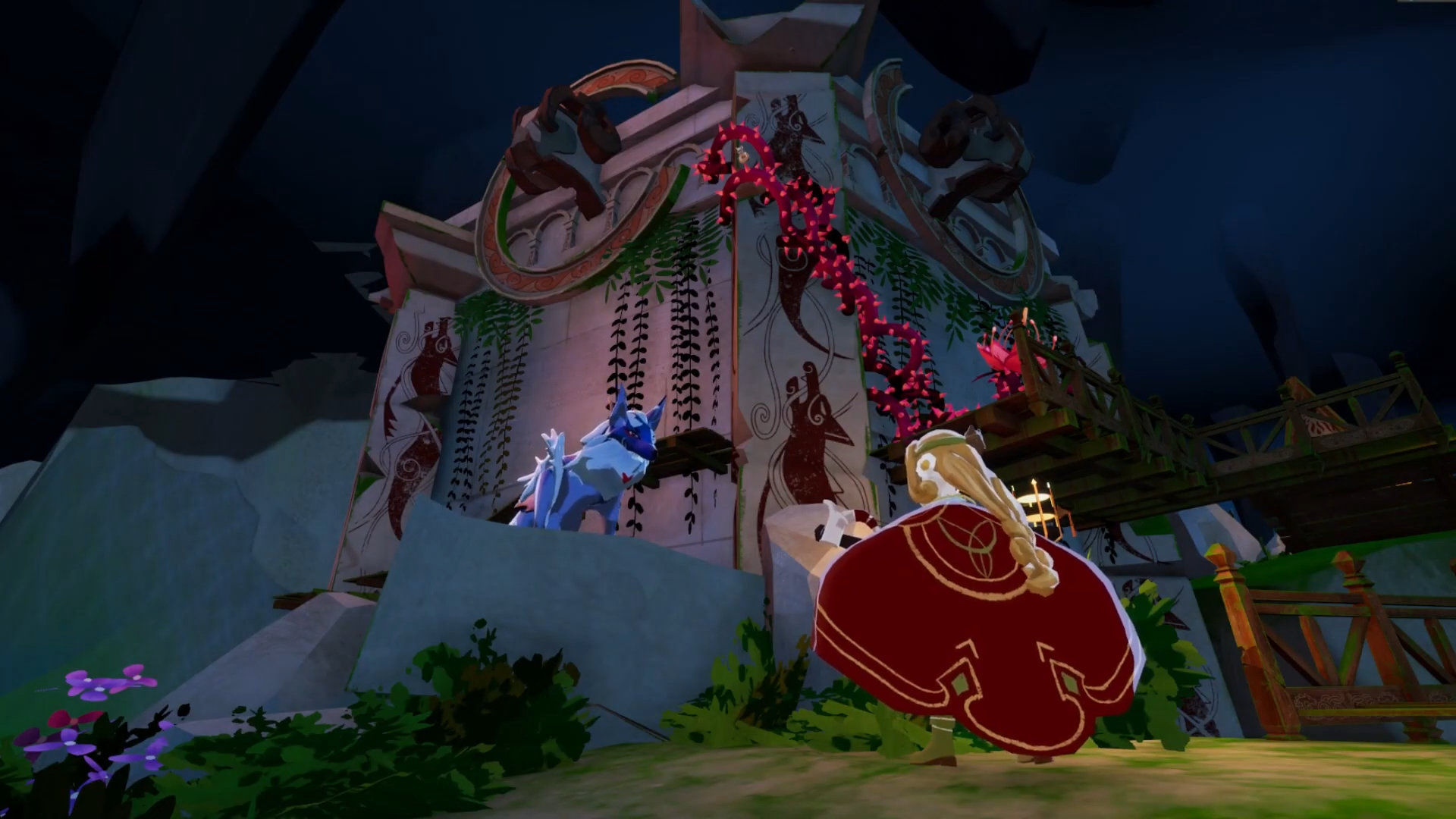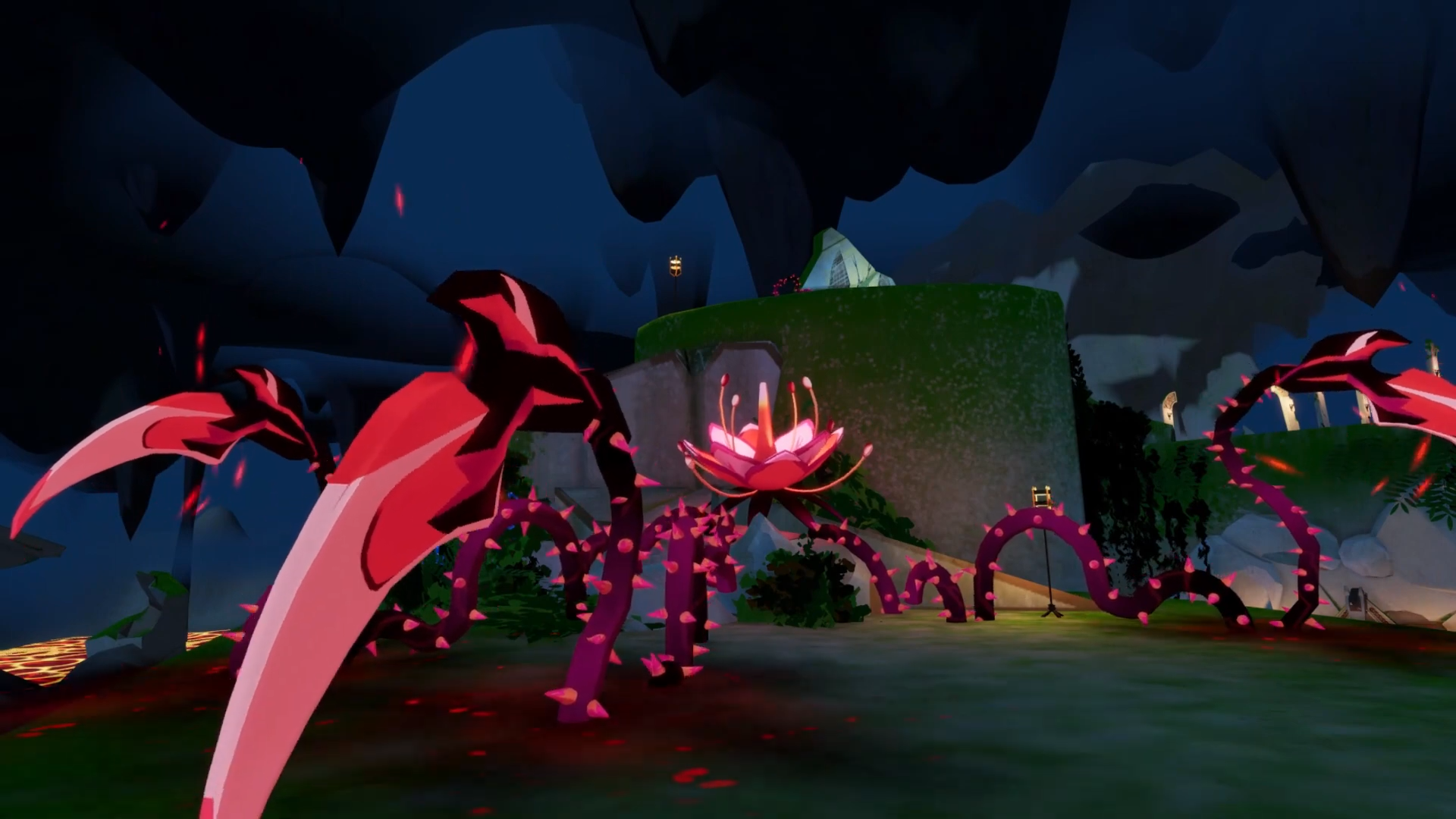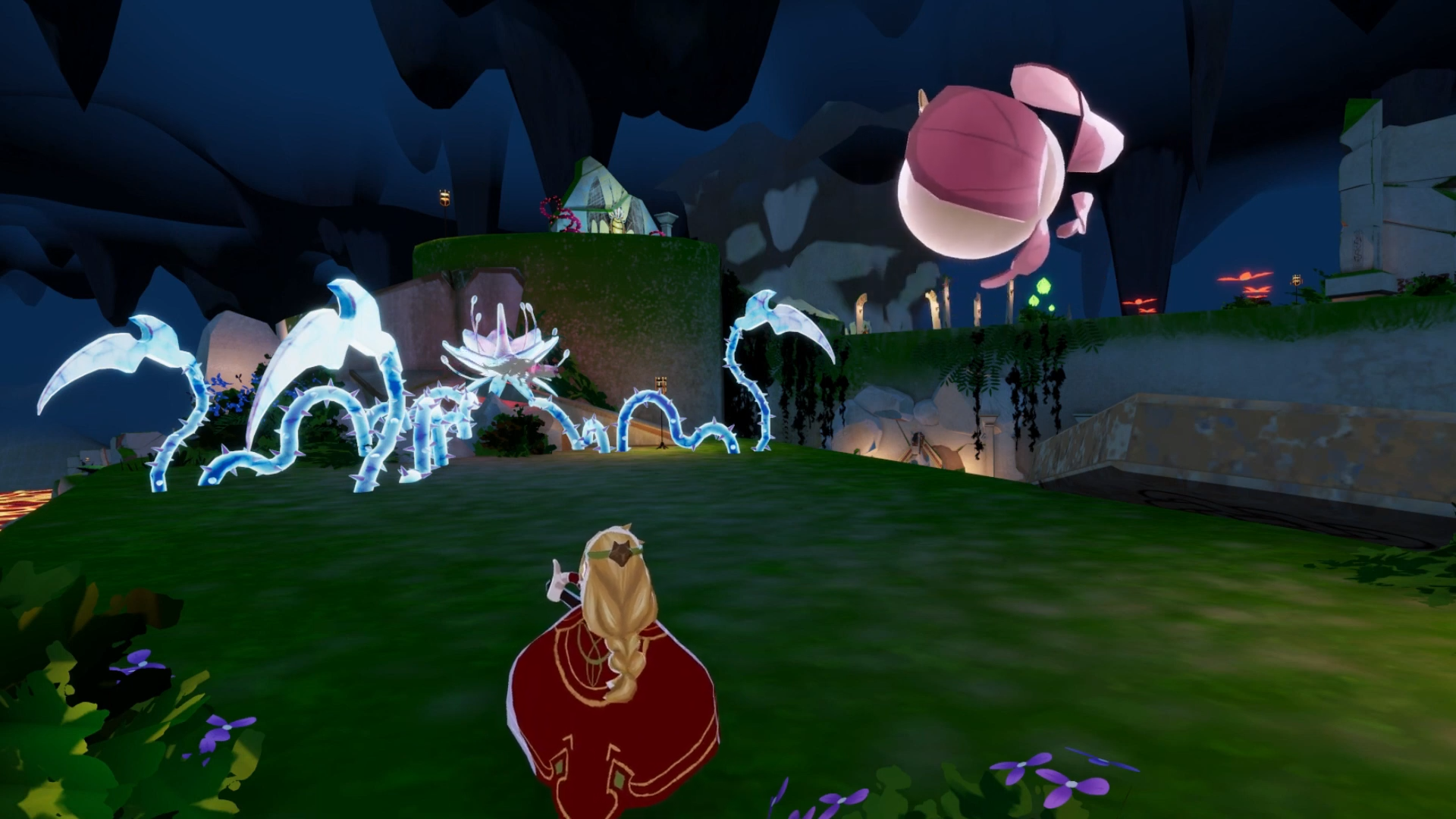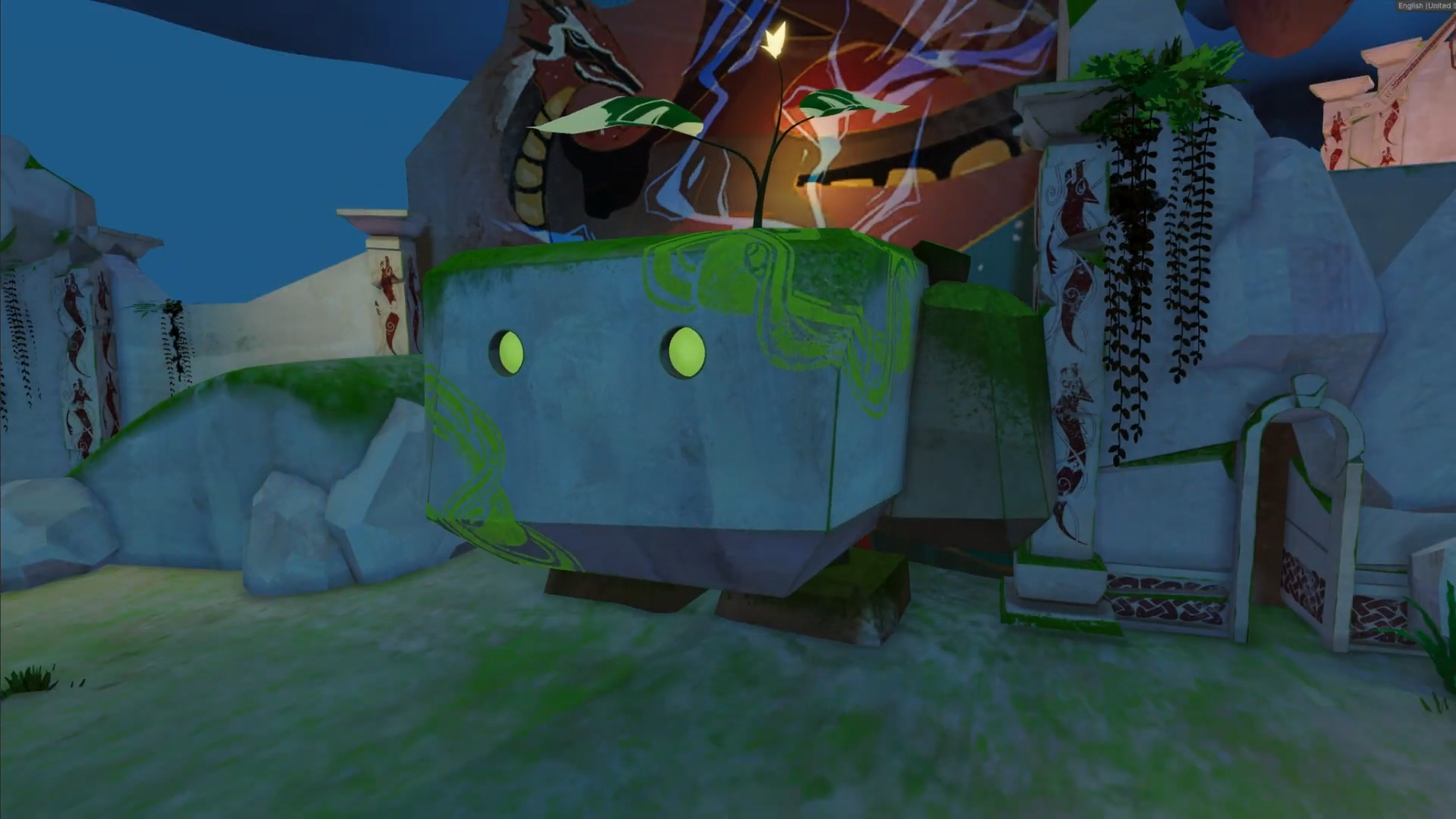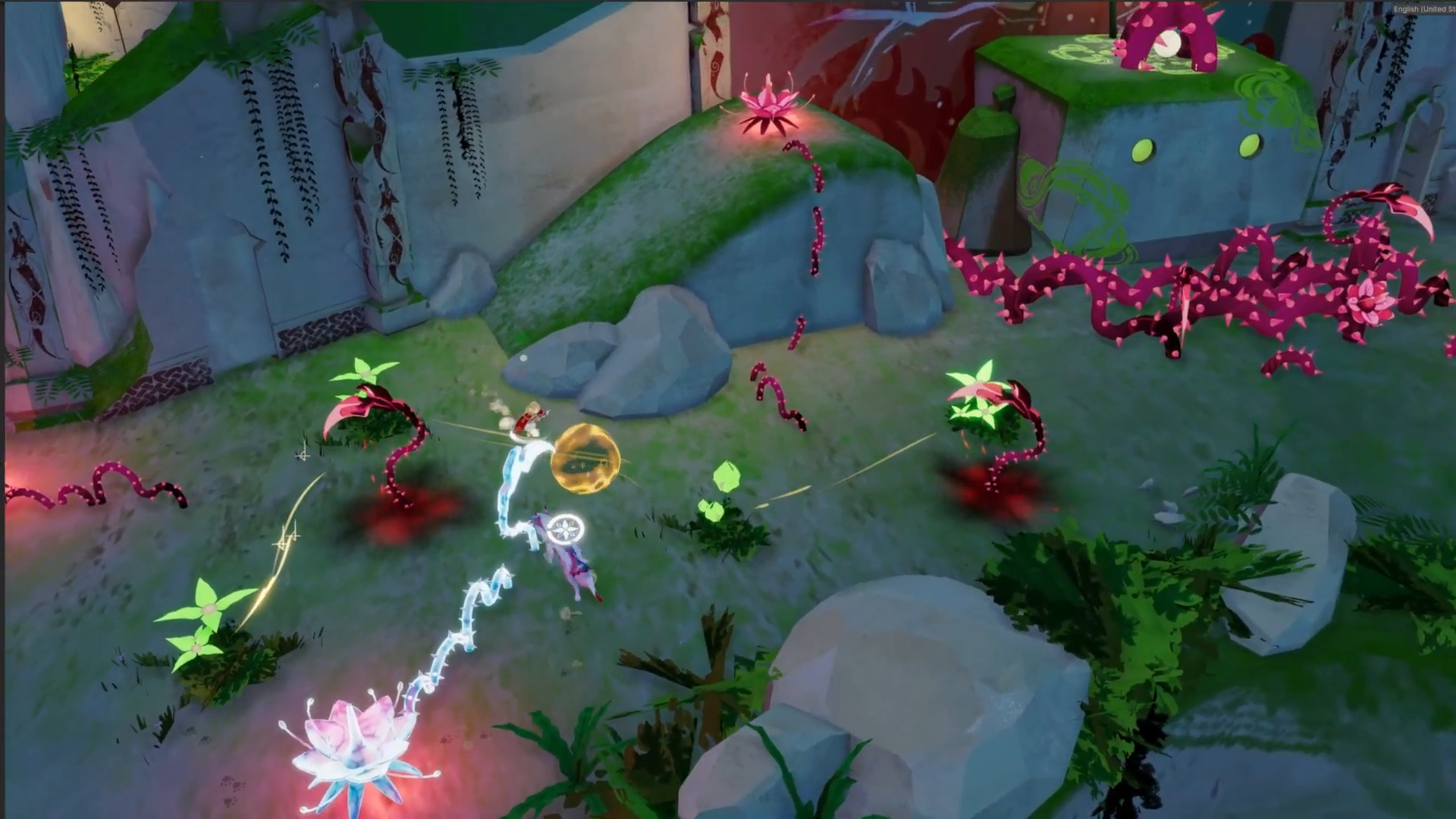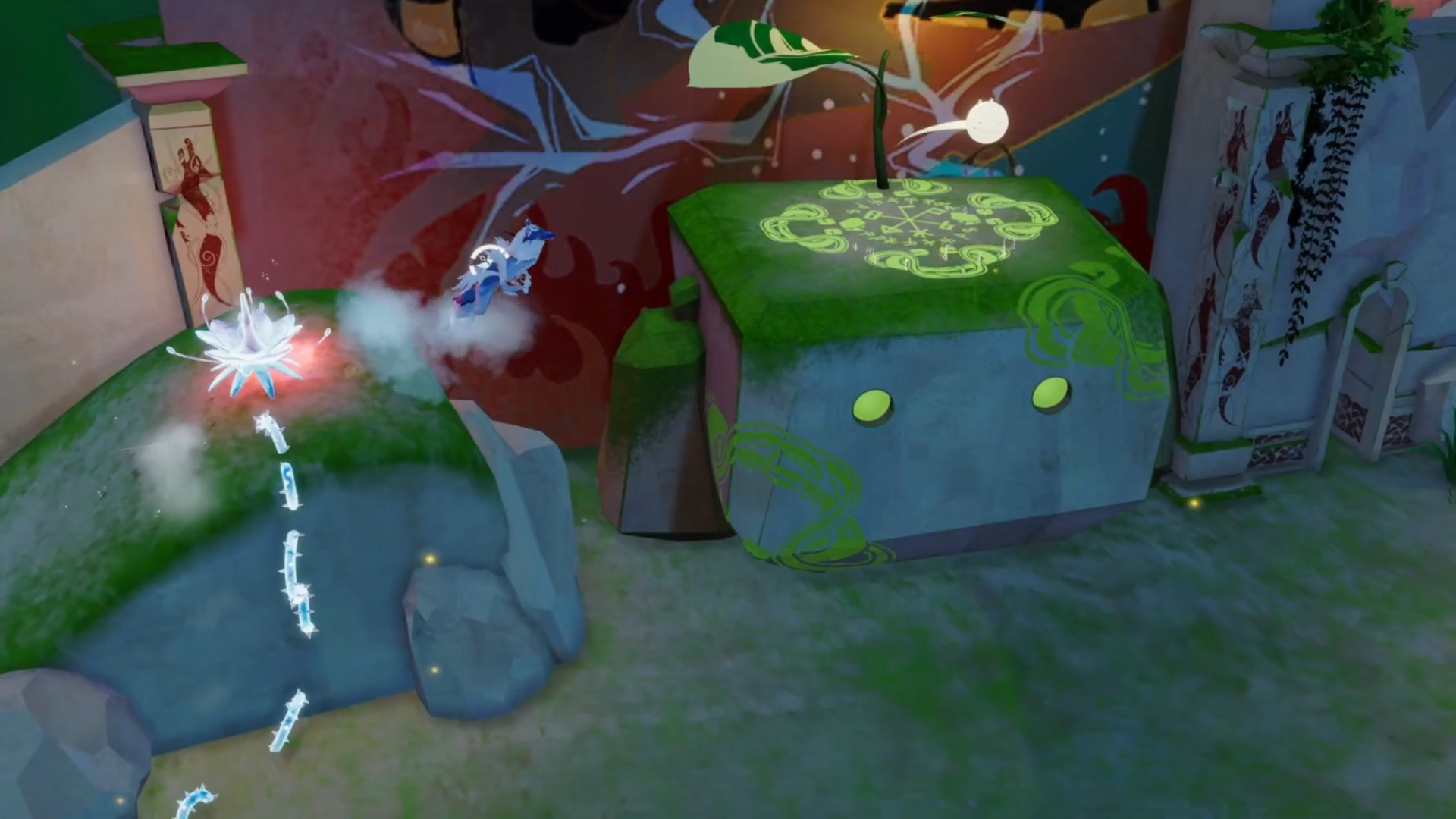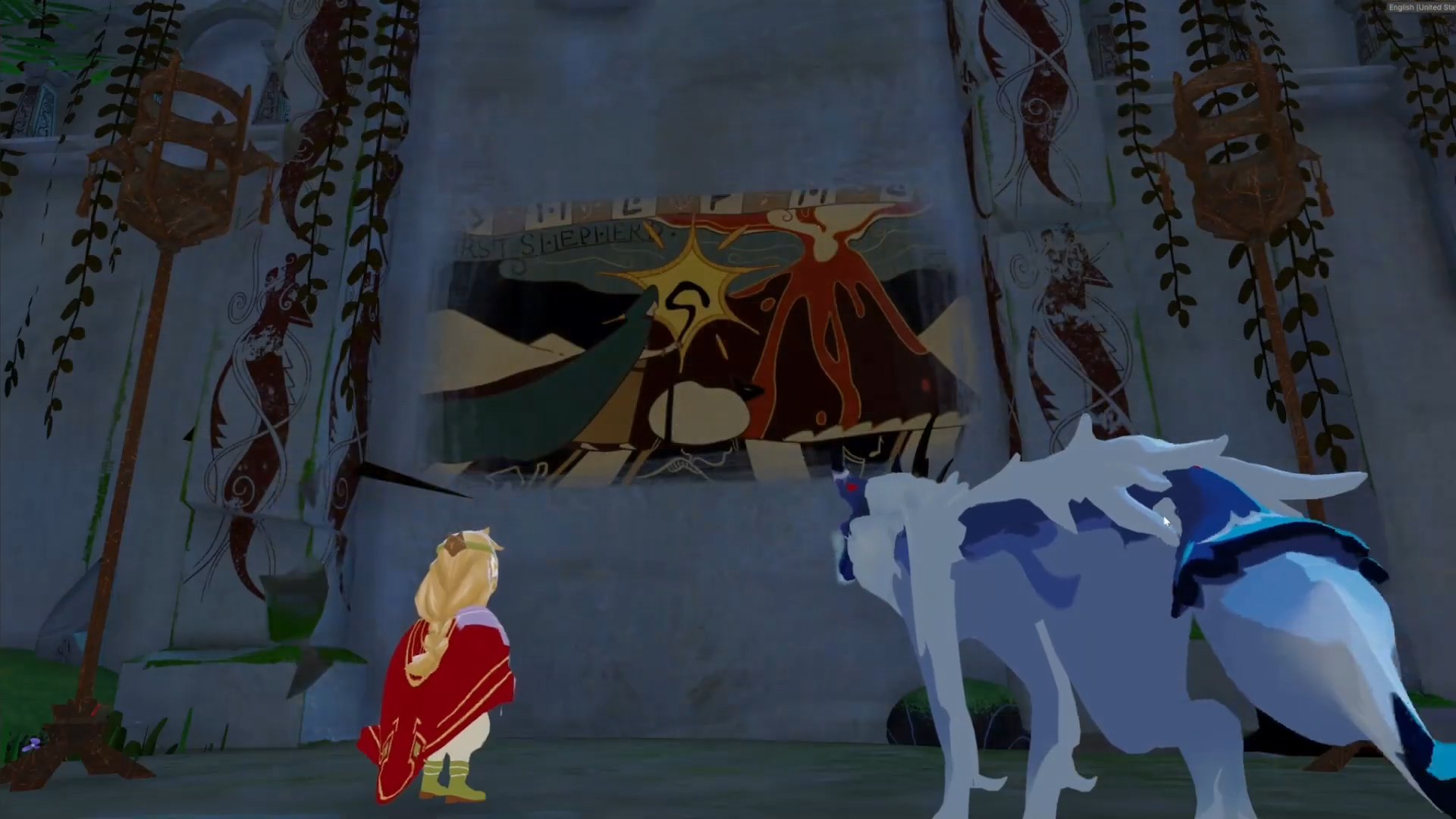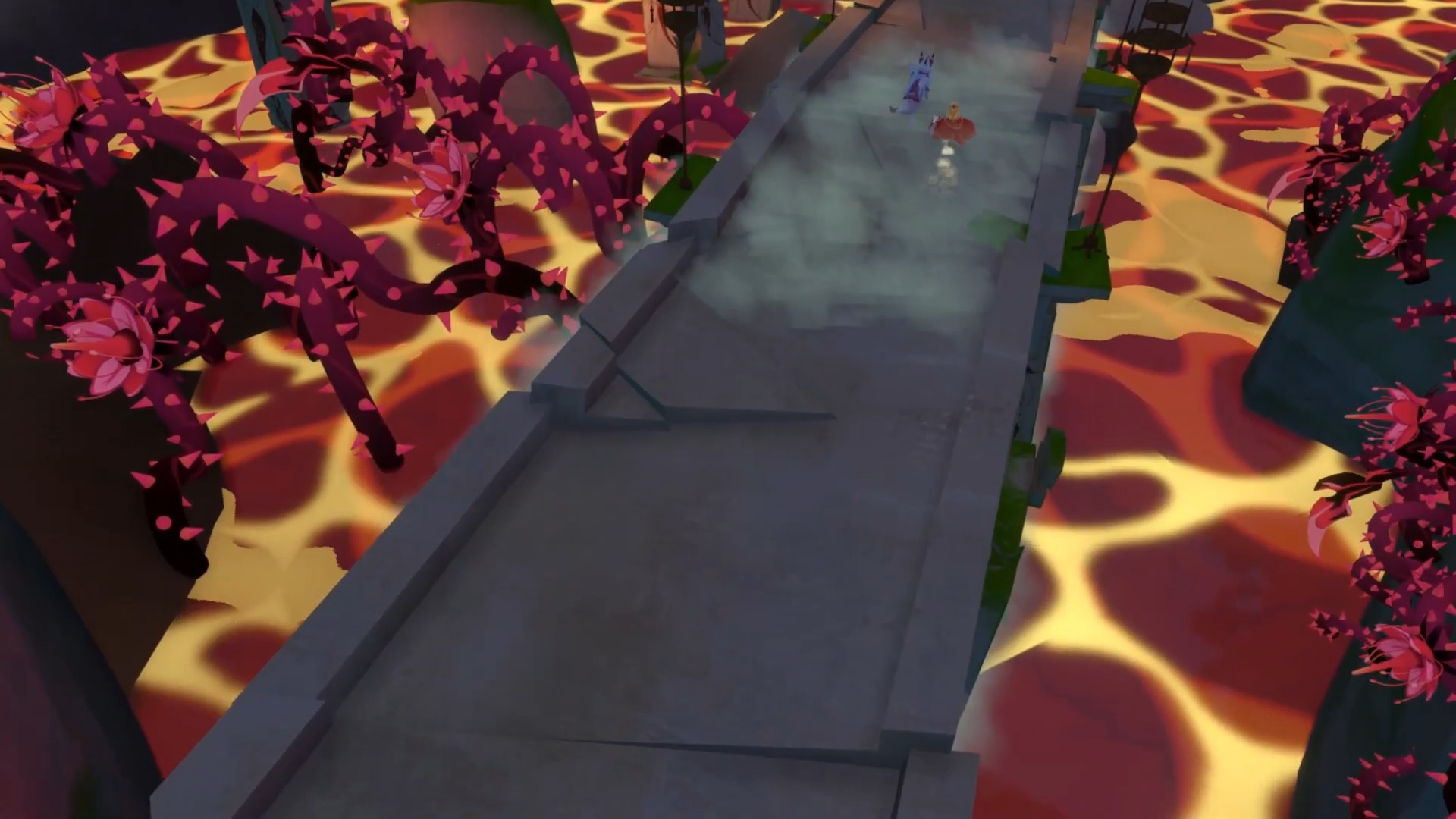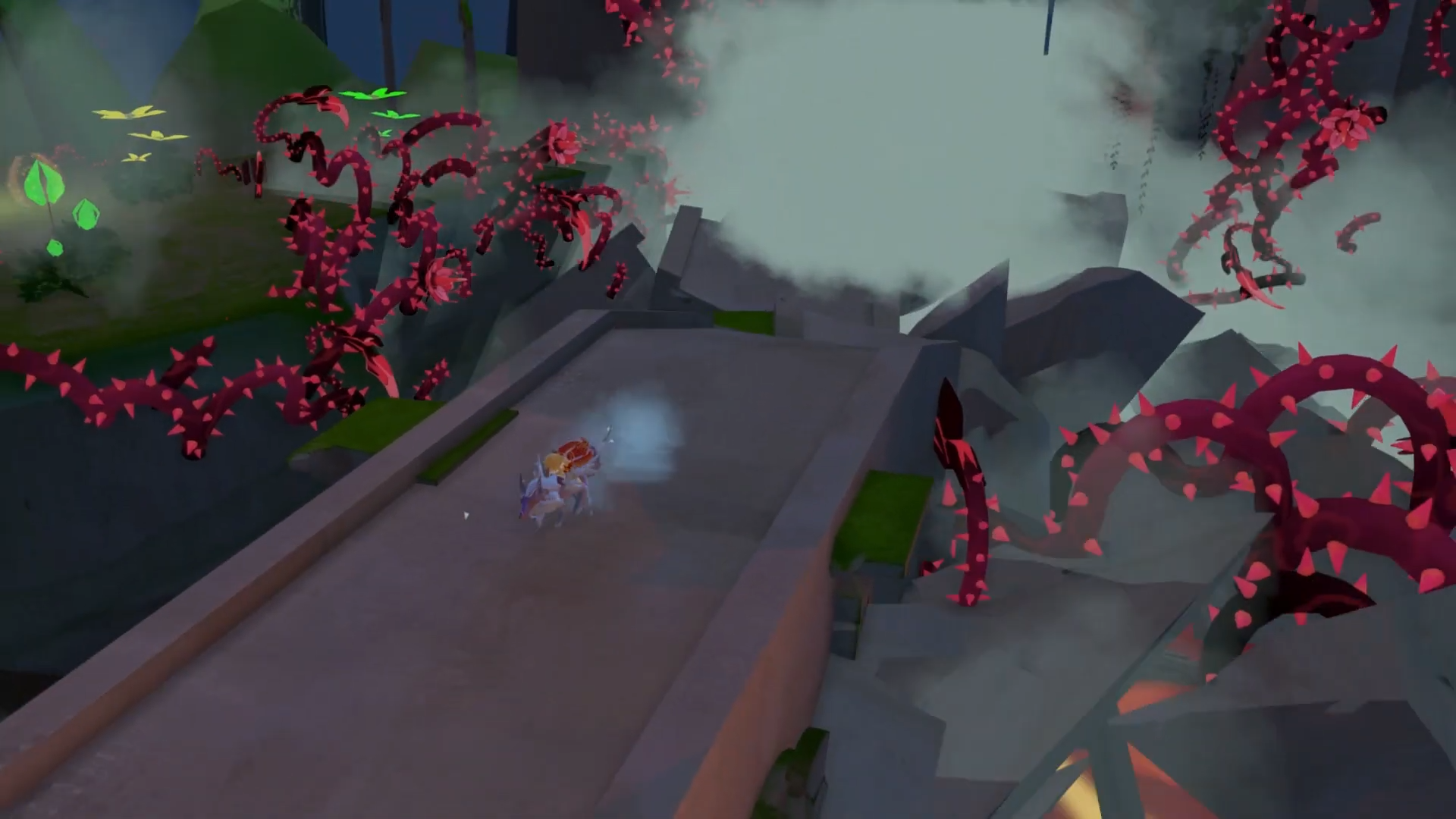
Shepherds
Shepherds, Two-player Co-op Action Adventure, 2024
Producer
Characters
Shepherds (USC Games MFA Thesis Project) is a 3D co-op action-adventure game where players team up as a shepherd and a wolf. They solve rhythm-based puzzles and tackle platforming challenges to save their island.
Game Director - Haoyun Zhang | Producer - Robert Li
https://store.steampowered.com/app/2969240/Shepherds/
As the project's Producer, I utilized Jira and Notion to help the team set up a Workspace, defined the workload for each sprint, and took charge of organizing the Design and QA teams, significantly enhancing team efficiency.
WHAT I LEARNED FROM THIS PROJECT?
Jira
Task - Tracking
Working within a Large Game Development Team
Overview
Scrum-based Agile Development
Notion
Game Project Management
Planning Milestones
QA and Bug Tracking
MAIN CONTRIBUTIONS
Enhanced Development Efficiency: Established a Scrum-based agile development environment in Jira and Notion, significantly enhancing efficiency and team dynamics for a 28-member team through regular sprint reviews.
Project Execution: Collaborated closely with the game producer to set detailed project milestones, develop sprint content, and deliver productivity solutions. Created over 10 sprint planning and task-tracking spreadsheets using Google Workspace.
Productivity: Spearheaded organizational meetings for the Design and QA teams, produced over 30 detailed meeting minutes and bug feedback documents, fostering efficient communication and collaboration.
KEY FEATURES
About the Game
Shepherds is a 3D, two-player co-op action-adventure game in which players control two unlikely partners - a shepherd and a wolf.
Players must combine their unique abilities to overcome rhythm-based puzzles and physical-based platforming as they descend into the heart of an active volcano.
Zoe
Dreams of becoming a true Shepherd, just like her late mother - even though her mother refused to train her.
Believes in the good nature of everyone, even her enemies.
Kin
Yearns to discover its origins. There are no wolves on the island. So who is Him?
Trusts no one but itself.
Even Zoe is just a means to an end.
Initially, the project relied on Google Sheets for project management and task tracking. However, as the team expanded, the complex spreadsheets became cumbersome, making it difficult for members to locate their tasks and hindering progress synchronization among team members.
I transitioned the team to a more agile development workspace, migrating design and engineering documentation, schedules, and task management into Notion and Jira. This move made it easier for team members to access their tasks, requirements, and overall progress. As a Producer, this also allowed for a more visual management of the project's progress and the planning of each Sprint's content.
In the Sprint section, I set up automatic sprints on a weekly basis and established all sprint processes by week. This greatly facilitated our planning for future tasks. Tasks not completed during the week would trigger reminders and automatically roll over to the following week.
Everyone in the Workspace can see their tasks and the corresponding sprint completion times. Additionally, we can track tasks by group to view each team's progress.
As the game development progresses, we frequently organize playtests to identify issues within the game. We tailor our game builds around the specific aspects that require testing.
After testing concludes, I liaise with the QA team to document the issues encountered during the tests. These are then categorized and included in meeting discussions or assigned to the relevant teams and members for resolution.
Host Meeting
During the development process, it's crucial to hold regular meetings for decision-making and progress updates. Given that our team is 100% composed of students, whose weekly schedules vary significantly, I coordinate with members from each team at the beginning of the week to determine and finalize the meeting times.
After the meetings, I organize the content discussed in Notion and, based on the feedback received during the meeting, register each member's tasks in the Workspace.
Gameplay
Ensemble Music
Playful Musical Experience
(Music Flow Challenge)
Exploration
Leverage Uniqueness
(Platformer Puzzles)
My Responsibilities
Shrine of Shepherds
Environmental Storytelling
(Dialogue and Cutscenes)
Scrum-based Agile Development Environment Build-up
In the Epic section, I categorized all the issues that needed to be addressed and assigned them corresponding colors. These categories included: Level-related (Green), Character-related (Purple), System-related (Blue), Feature-related (Red), and General Requirements (Black).
In the task section, each task is divided into four stages: Not Started, In Progress, QA Review, and Done. Each task is associated with a corresponding Epic, Sprint, responsible team, assignee, urgency level, and Due date. This setup greatly facilitates cross-team communication and tracking.
Milestones and Sprint Planning
Together with the Game Producer, I combined the game's Macro and current progress to determine the project's Milestones and further detailed tasks into weekly Sprints.
